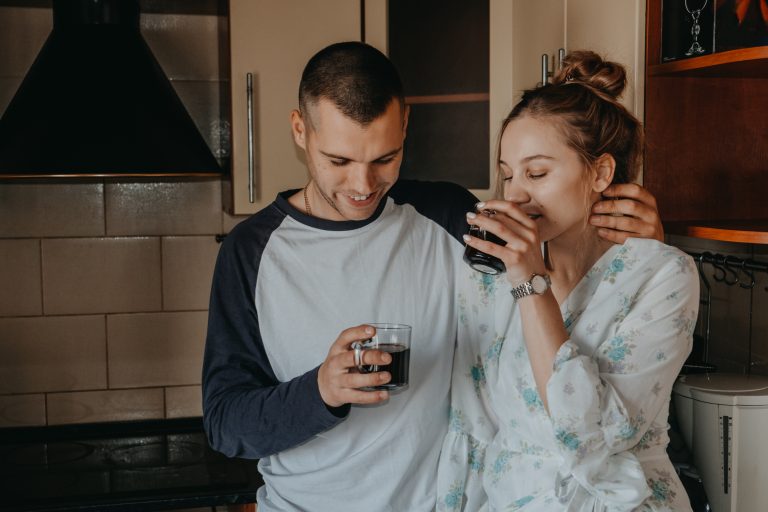Couples counseling and marriage therapy are typically seen as “last resorts.” Many people believe, incorrectly, that couples therapy is only for those that are on the brink of divorce, or that if a partner suggests couples counseling, it means that there are serious threats to their marriage.
It is true that marriage counseling can be an outstanding way to address a struggling relationship. But the goals of couples therapy – as well as the situations in which it is suggested – can be useful at any stage of a relationship, even one that “has no problems at all.”
What marriage counseling is, is an extensively researched form of psychotherapy that can help couples develop stronger communication skills, greater knowledge of each other, better ways to handle conflict, and much more – all in a way that helps the relationship grow.
Destructive Misconceptions About Couples Therapy
Misconceptions about couples counseling can be destructive if they are allowed to persevere. They can keep us from reaching out for the help that we or our partner need. It is important to deconstruct these negative assumptions and make it clear just what couples counseling is for, and what it is not for. The following are some of the misconceptions people have about couples counseling.
- Couples Counseling is for Broken Relationships – Many people also seem to think that if someone is suggesting relationship therapy, it means that the relationship is beyond saving. Typically, the opposite is true. The person suggests couples therapy because they believe the relationship is worth saving and growing, and therapy is a way to do so in a controlled, researched setting. One partner inquiring to the other about counseling should not be seen as damaging to the relationship. Just as there is no shame in admitting that you need help with depression, anxiety, substance abuse, or other mental conditions, there also should be no shame attached to a request for relationship counseling.
- We Are Here to “Get Over,” a Relationship Altering Event – Once you are at therapy, there are still misconceptions about what therapy is for that can make it less effective than it would be otherwise. Often people expect couples therapy to focus on a specific event in a relationship. This can be a fracturing of trust, or a tragic life event, but this is not the complete intention of couples therapy. Couples therapy is also about developing communication techniques, creating strong foundations of trust, and developing strategies for when intimacy seems hard to find. Couples counseling is not just about the single event. It’s about the every day.
- Relationship Therapy is Just a Time to Vent – Lastly, once many people get to therapy, they expect the meetings to be an opportunity to vent about their partner. While there is a time and place for this kind of honesty and healing, it is not the primary intention of couples therapy. You will be talking about uncomfortable topics, and you will be saying things to your partner that you may have intentionally not said before. But it is not an opportunity to tell your therapist or your partner all the things about them that frustrate you. Is a place for healing, compassion, and growth as a couple.
When one partner brings up couples counseling, it is natural for the other partner to worry about the implications of the request, and that it may mean that the person is already in the process of leaving or that counseling’s job is to give the partner a chance to be angry and rant at them over time.
But the truth is that couples counseling is an extensively researched, effective way to make a couple’s life together better and more fulfilling, regardless of what their challenges are, what stage they are in their relationship, how significant the problems, and so on. Some people even find that they benefit from couples counseling even when their relationship feels “perfect.”
Rather than be afraid of the idea of couples counseling, it should be seen as something that you can do to learn to make your relationship better.

